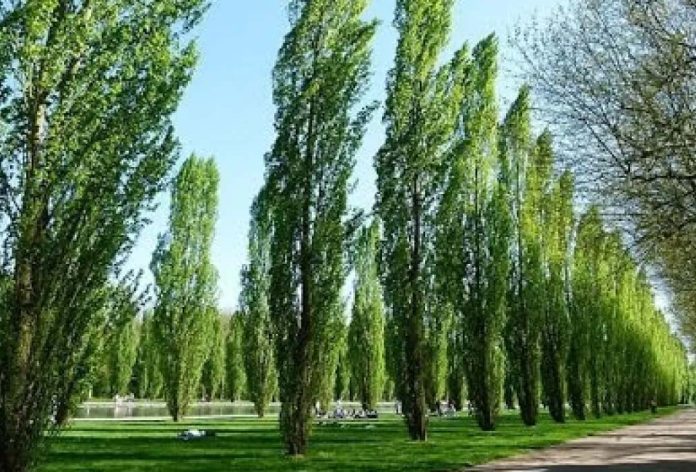SRINAGAR, Feb 13: The bat manufacturers in Kashmir have written an SOS to the Government for launching mass willow plantation projects to rescue the industry.
The SOS to the J&K Government comes at a time when the ICC Men’s T20 World Cup is approaching. These events over the years have been triggering a surge in cricket bat demand from Kashmir due to its cost-effectiveness, which makes it a desirable alternative to English willow bats.
The Cricket Bat Manufacturers of Kashmir said no plantation of willow trees has taken place in the last 30 years on a large scale on Government land, resulting in dwindling supplies.
“Over the last few years, we have been running short of supplies, and we are afraid we may have to wind up our business because of that,” the bat manufacturers said.
The industry employs some 1,50,000 workers, with 70 percent from Meerut, Uttar Pradesh, and Punjab and 30 percent from Kashmir, generating more than Rs 300 crore of revenue.
“We have around 9,150 hectares of wetland available that can only be used for the plantation of willow trees, as no other tree grows in wetlands apart from willows. If a mass plantation drive is started in Kashmir as well, like in Canada and Pakistan, Jammu and Kashmir will be self-sufficient in raw material reserves,” the Bat Manufacturers said in the SoS, adding that this will help the industry survive for centuries.
The SOS said India, which has taken it upon itself to be carbon neutral by 2070, could achieve this by a sustainable willow plantation drive in Kashmir, which will also safeguard the livelihood of more than 1,50,000 people in Kashmir.
The bat manufacturers said planting willow trees in Kashmir’s wetlands could generate annual revenues exceeding Rs 350 crore.
The Cricket Bat Manufacturers of Kashmir said the Government of J&K is pushing for ‘GI Tag’ to the Kashmir willow to protect the indigenous industry.
They said the law, the Willow Prohibition on Export and Movement Act, XVI of 2000, is intact and safeguards the industry. This was among the laws that were adopted after the abrogation of Article 370.
There are over 300 bat manufacturing units in south Kashmir, and they source around 70 percent of the willow from Ganderbal in central Kashmir and the Wullar area of Bandipora district in the north, with only 30?35 percent coming from south Kashmir.
Around four million cricket bats are manufactured every year and are also supplied to England, South Africa, Australia, New Zealand, and the UAE. (AGENCIES)
Trending Now
E-Paper


